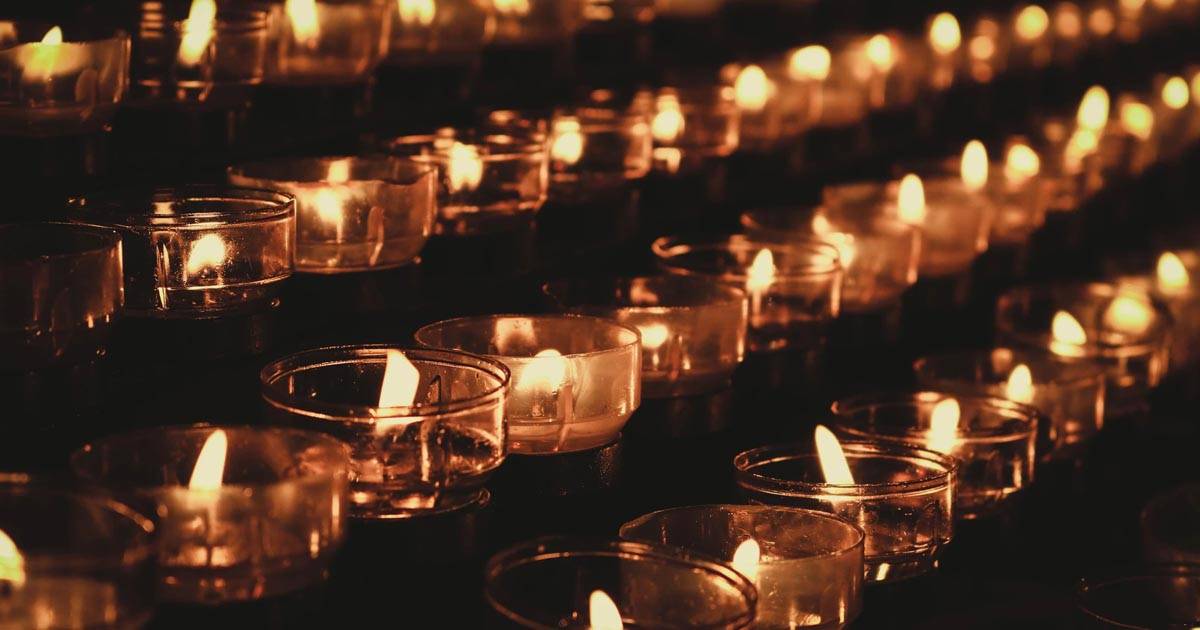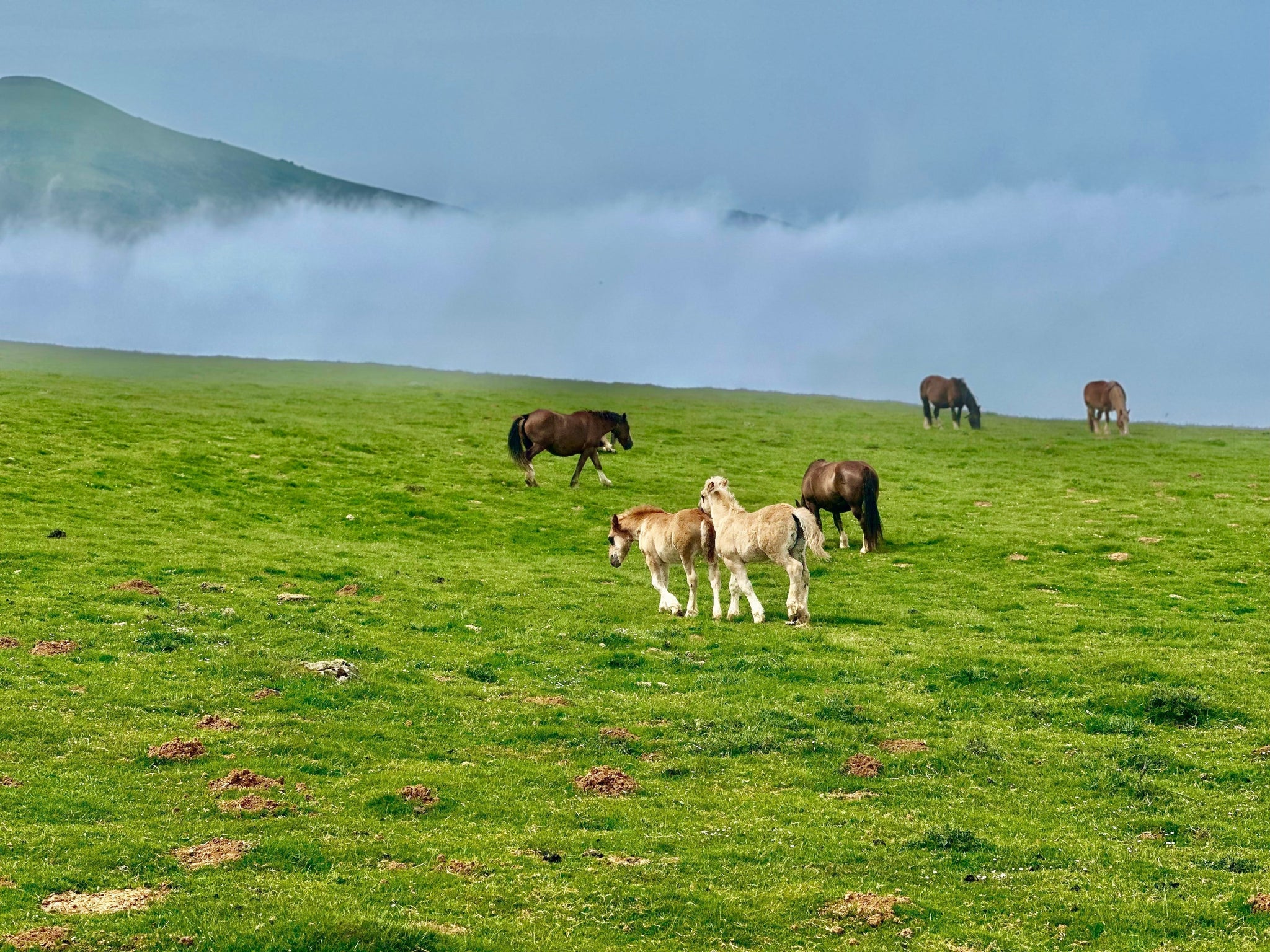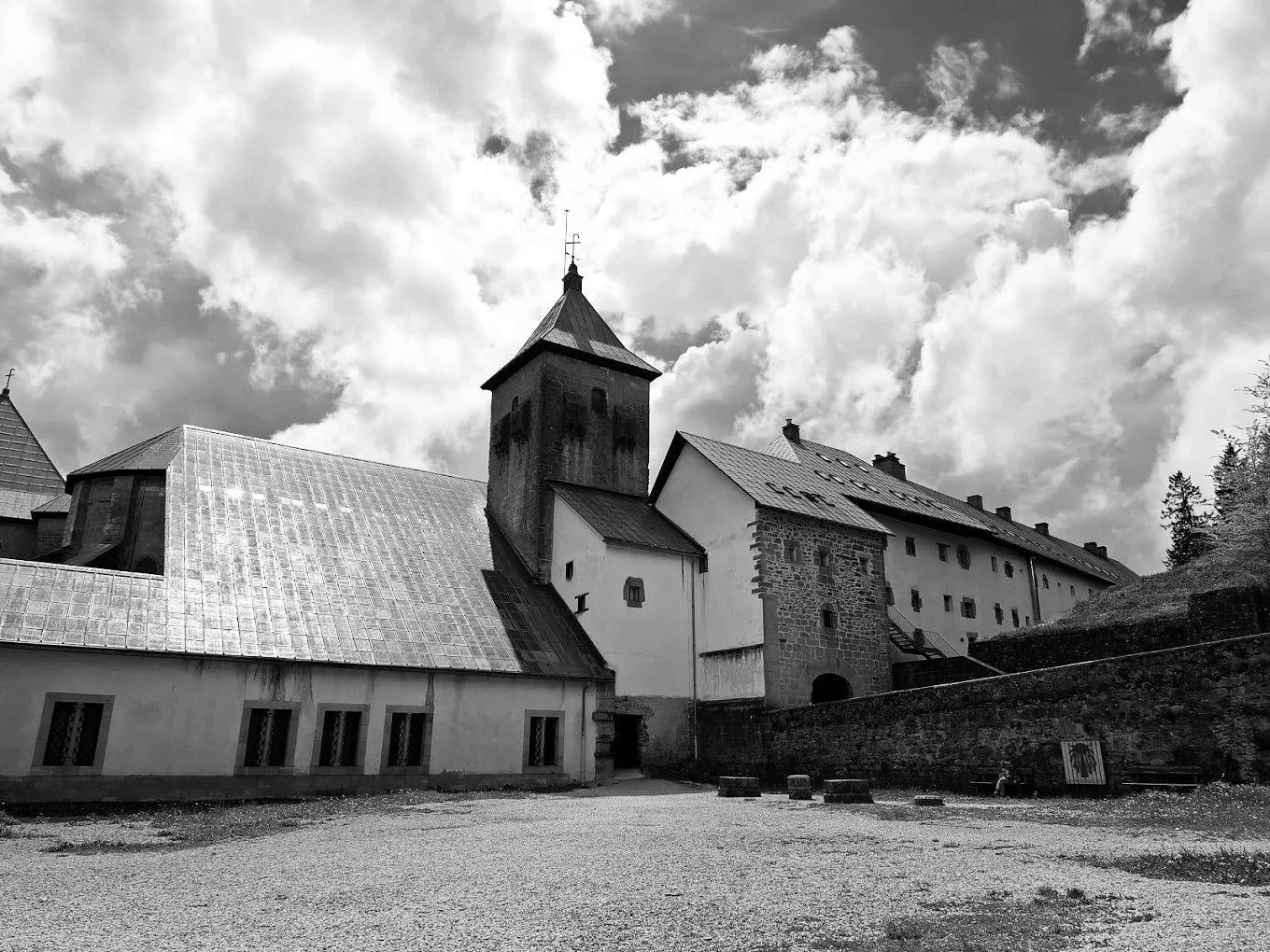"A very small degree of hope is sufficient to cause the birth of love." — Stendhal

It was Friday afternoon and I was perched at a weathered, picnic table at the top of the stairs overlooking the dock.
The sun burned hot and bright—shining through the just-barely-fluttering birch leaves hanging out over the water creating a sense of transparency, like when light is diffused through kite paper.
The breeze was cool and intermittent, softly lifting a few strands of hair around my face and placing them back down so I could sweep them from my vision again and again.
I did what I could to brush aside, as well, the many, mounting rejections intrinsic to creative pursuit—and to temper the sadness and dismay building in my bones over innocent children dying in school once again.
There are ample reasons in any life to lose hope for humanity and for our aspirations—to lose faith in the power of benevolence and our ability to live safely, fruitfully, joyfully.
Even the smallest injustices can take root in any-one-of-us and germinate into something distorted and more powerful than what is merited if we allow it to.
Might we all find ways to examine this inner-alchemy and insist instead on a personal evolution—a way forward—expressive of greater compassion, deeper insight and specific calls-to-action unique to each of us.
Might our efforts spread and take root and become intertwined between us so that we might weave a world fit for us all—like an intricate basket—weighty yet giving to accommodate the vastness of our differences and our distinct need for one another.
When they first went down to the dock, Jonah and his spritely—his sisterly—friend tied heavy, metal objects to long ropes and tossed them out into the water repeatedly.
They noticed a pair of hermit crabs in the distance and wondered aloud if their rope could reach to touch them.
Adrian sat on the long part of the dock alone soaking in the sun and sea air, resting in his private thoughts.
Then he placed a frisbee with a mesh center and a faded, pinkish-orange frame over his head like a bouncy hat.
Later he made his way onto his stomach—legs stretched out behind him, arms propping him up—resting again.
A motor boat passed through the cove briskly heading for the shoreline off to our right creating fast, undulating waves and jostling the dock.
The quiet mood transformed with the rapid rhythm of the water and the kids sprung-up steadying themselves on the rocking raft like surfers, suddenly filled with new ideas for play.
In the distance an unusual sea craft appeared—one-part tug-boat, one-part barge—with a narrow tower emitting a small stream of smoke into the clear, blue sky.
I pointed it out, speaking in a regular voice despite my distance—my call-to-attention carrying swiftly and clearly in the vicinity of water.
This tendency has to do with air temperature and soundwaves and the way this dynamic allows for more of what we say to reach those who are listening.
Jonah ran up the stairs past me toward the house—inspired.
“Where’s the camera?” he shouted, unwilling to stop to hear my reply.
Soon they had the camera with the zoom-lens and a notebook with crayons poised to capture and record all that they saw and thought about these mysterious happenings.
I tried not to worry too much about the lens getting wet and perused the websites of the chosen artists on my laptop—at first glance the work appeared quite different from my own and impressive.
The mood by the dock changed again when the water calmed and a pair of ducks with a trail of five or six ducklings crossed just a few yards out into the bay.
We all seemed to notice them at once and expressed our glee at witnessing such a sweet sight.
It wasn’t long after that when a sock got stuck in a tree.
On a property with children, socks can be found just about anywhere.
The exploration moved up from the dock and behind me into our yard where Jonah had brought out two, long nylon ropes he found in the shed and together with his friend threw one side up high into a sprawling oak tree and over a branch.
Now there was a length of the rope hanging down on either side of the branch.
They decided to attach a thick, wool sock—one of Jonah’s—between the two strands of rope to create a sort-of seat or thick-knot where they could gain leverage with their bare feet or rest their behinds as they climbed up higher and higher, carrying the rope wrapped up in their legs with them.
When they tired of this pursuit, they threaded the other rope through the circular base of a swing that hung on the opposite branch of the tree.
They took turns climbing onto the swing and allowing the other person to pull it upward with the rope into a steep incline—then letting it go forcing the person holding the rope to run forward along with the swing so as not to get dragged by the momentum.
It was both inventive and dangerous-looking.
I took in their ingenuity doing my best not to gasp at the close-calls and thought about the delicate balance between allowing my children (and their friends) to test their abilities and pursue their visions and to be free, really, all the while trying to keep them safe.
Often giving them space to explore and believe I am not anywhere nearby feels like the most crucial choice I can make now to impact their future-ability to thrive.
It’s so hard to trust this critical process—this birthright—given what I know about the world, given what we all know.
It was a relief—and a return to balance in the weighted-scale of the afternoon—when Jonah and his friend left the swing and brought out the violin.
They both play and passed the instrument back and forth on the porch steps.
I noticed the way the light fell on them like actors on a stage.
Eventually I realized it was time to gather up the ropes and get us ready for an outing we had planned that evening.
The kids pulled on one side of the rope to retrieve it from the tree.
The sock-side went shooting to the top where it became lodged between two branches.
We yanked on it briefly attempting to release it and eventually had to abandon it to leave on-time.
I was surprised a few days later when I noticed the rope and sock had somehow been removed without my knowledge.
Jonah explained that he had accidentally released it when he had once again climbed the rope the following day and it came loose suddenly sending him onto the ground—onto his back—with a thump.
I’m not sure the sock ever made it back inside.
The days have grown longer in these last weeks—the sky illuminated at dawn and brimming with the emphatic narrative-of-the-birds, settling in for a season of greater ease.
Subscribe to my mailing list!
Leave a comment (all fields required)
Comments will be approved before showing up.


